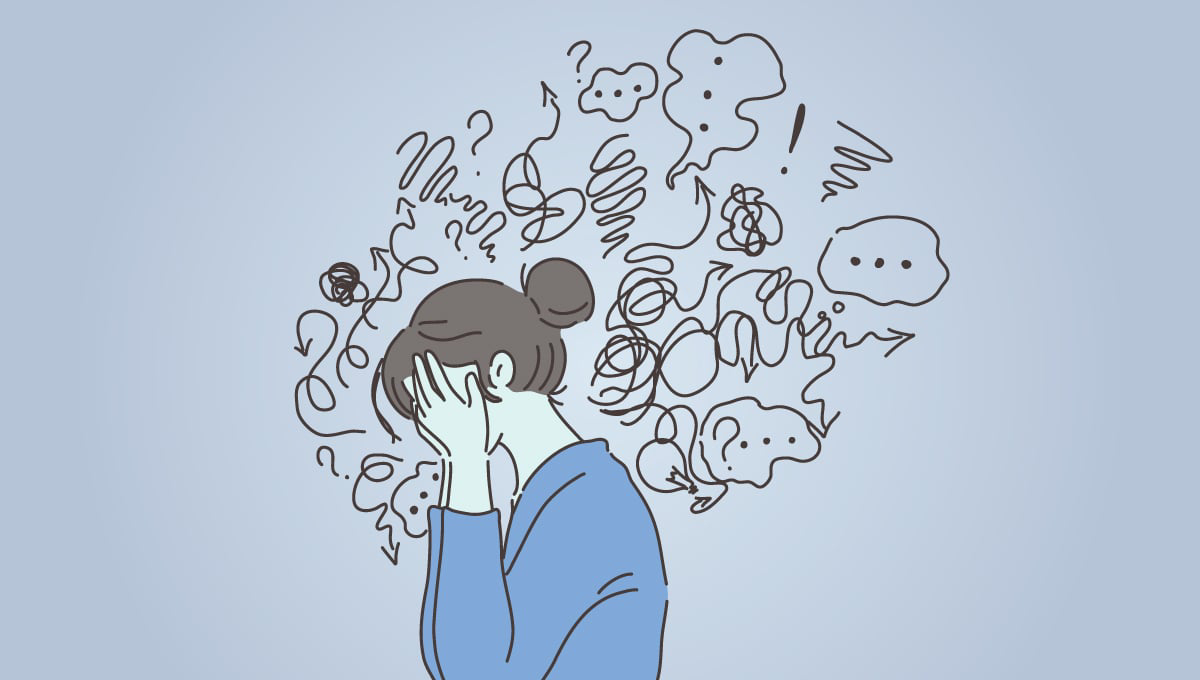Hi, dear reader, how are you? Today I want to share an interesting topic, namely "Is adhd a mental disability", The main reason I choose this topic is because not many people know the causes of ADHD, ADHD (Attention Deficit Hyperactivity Disorder) is a neuropsychiatric developmental disorder characterized by attention problems, hyperactivity and impulsivity that are inappropriate for a person's age. The main symptoms of ADHD include:
1. Inattention (lack of attention): Difficulty maintaining focus, often making careless mistakes, difficulty following instructions, and easily distracted by external stimuli.
2. Hyperactivity: Very active behavior, difficulty sitting still, moving frequently or talking excessively.
3. Impulsivity: Acts without thinking, finds it difficult to wait one's turn, often interrupts others.
ADHD is usually diagnosed in childhood, but symptoms can continue into adulthood. The causes of ADHD are not fully understood, but are thought to involve genetic, environmental and brain development factors. Treatment for ADHD can include behavioral therapy, special education, psychosocial support, and medication, The causes of ADHD (Attention Deficit Hyperactivity Disorder) are not yet fully understood, but researchers believe that a combination of genetic, environmental and brain development factors play a role in the development of this disorder. Here are some factors that can contribute to ADHD:
1. Genetic Factors: ADHD tends to run in families, indicating that genetic factors play an important role. Children who have parents or siblings with ADHD have a higher risk of developing this condition.
2. Environmental Factors: Several environmental factors can increase the risk of ADHD, including exposure to toxins (such as lead) during pregnancy or childhood, maternal use of alcohol or tobacco during pregnancy, and premature birth.
3. Brain Development: Research shows that there are structural and functional differences in the brains of people with ADHD. For example, there are certain parts of the brain that may be smaller or develop more slowly in individuals with ADHD.
4. Prenatal and Perinatal Factors: Problems during pregnancy, such as high stress in the mother, or complications at birth, such as lack of oxygen (hypoxia) during delivery, may also play a role.
5. Psychosocial Factors: Although they do not cause ADHD, factors such as family stress, conflict at home, or less supportive parenting can worsen ADHD symptoms or make diagnosis and treatment more complicated.
These factors often interact and no single cause can explain all cases of ADHD. Research continues to be conducted to better understand how these various factors contribute to ADHD and how they can be managed to help individuals with this condition, hopefully this article can provide inspiration and inspiration, good luck.


